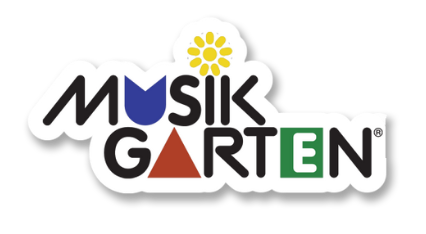As with about everything else, we are all very tired of topics being written on the Covid-19 pandemic, and are ready to move forward to normalcy. As we cautiously move back to in-person school settings, there are several things that children’s music teachers and other educators say have changed in their classrooms. The CDC has provided its Operational Strategy for K-12 Schools, but in private educational settings such as early childhood music education, policy is often left up to the school administrators, music studio owners, or even classroom teachers. With parents’ opinions and levels of anxiety about a return to the classroom differing, most educators cannot control parents’ decisions on whether to send their children back into the classroom. What they can control, however, is their own classroom policy to clearly communicate to parents how they intend to move forward. Here are some helpful tips for putting together your own post pandemic classroom policy:
Teachers Tips for Returning to In-person Music Teaching
- Publish and Post a Written Policy – Whether parents prefer to take every precaution, or feel that they are unnecessary, most will certainly want to know how your classroom will be managed. Distributing and posting your policy on the matter will give them the information they need to decide, and they will thank you for it.
- Clearly Define Your Mask Policy – Parents are making decisions on whether their children will continue to wear masks in public settings, and you don’t want to surprise them one way or the other. If you are not requiring masks outright, consider a mask optional policy. While it may muffle singing a bit, it puts the ultimate decision clearly in the hands of the parents.
- Social Distancing – Children’s music classrooms are a very communal experience, often with activities such as circle time and close contact such as hand holding. Teachers should consider whether they are going to practice social distancing in their classroom, and clearly communicate the rules to both parents and students alike.
- Vaccination Policy – In many early children’s music classes, especially with infants, the parents are often attending and personally involved. Therefore, a vaccination policy is important to communicate to parents whether you require adults to be vaccinated in your classroom or not.
- Classroom Hygiene Procedures – Whether it’s Covid, the flu, or even a cold, it’s safe to assume that most all parents do not wish for their child to get sick. Not only does it mean suffering for their child, but also time that might have to be spent away from work, or potential to infect other family members. Clearly explaining your classroom cleaning process for parents, as well as offering sanitizing products around entrances and bathrooms help to offer greater peace of mind.
- Sick Policy – We are all accustomed now to the question “have you felt sick or had a fever in the last two weeks?” Teachers understand how quickly a sickness can spread around a classroom of children, whether a simple cold or something worse. Clearly state your policy for participation if a child or parent is currently sick. With all of our newfound experience in remote learning technology, some teachers may even offer remote participation as an alternative for sick parents or children.
Children’s music studio owners and teachers understand that clearly communicating with your parents and students is important for the long-term success of your business. Whether its marketing or curricula, keeping parents in the know serves everyone. Clear communication is no different for returning to in-person learning. While you ultimately get to make your own decisions on the policies of your music studio, parents ultimately decide on what they deem in their children’s best interests. In the end, most all parents will appreciate you providing the information to make their own decisions about returning to the music classroom.





